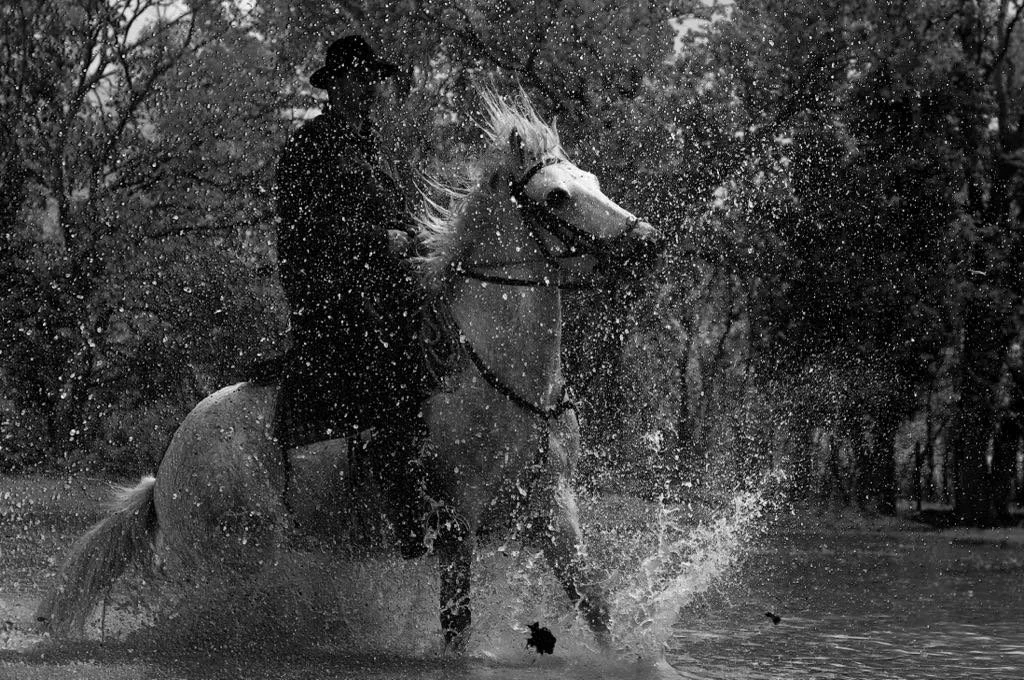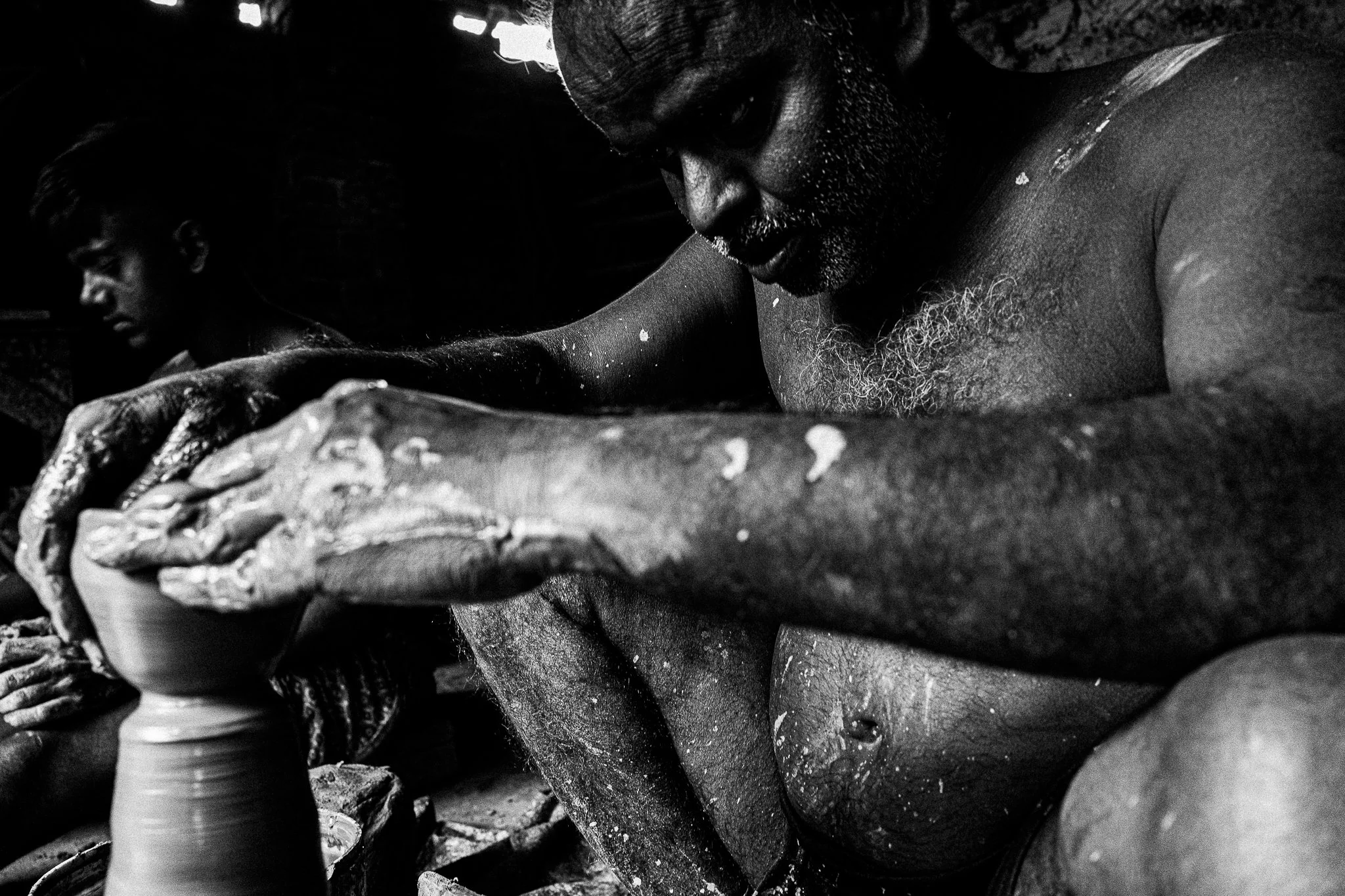Friendships—and community—will be formed. For me that's really what Queen's Day is all about. It's not an outburst of patriotism, it's not even about the popularity of the royal family. It's about a sense of belonging. For one day, everybody is the same in Holland. Bright orange and barmy.
The festivities on Koningsdag are often organised by Orange Committees , local associations that seek sponsorship and donations for their activities. In recent years some committees have had difficulty in recruiting new members from among the younger Dutch.
Flea market
Vrijmarkt, Koninginnedag 2011, Deventer
The vrijmarkt (literally 'free market') is a nationwide flea market, at which many people sell their used goods. Koningsdag is the one day of the year that the Dutch government permits sales on the street without a permit and without the payment of value added tax.
Among the most popular areas for the vrijmarkt in Amsterdam is the Jordaan quarter, but the wide Apollolaan in front of the Hilton hotel in southern Amsterdam is gaining in popularity. Children sell their cast-off toys or garments at the Vondelpark, also in southern Amsterdam, and in a spirit of fun passers-by often offer the young sellers more than they are asking for the goods. Until 1996, the vrijmarkt began the evening before and continued for 24 hours. This was ended in the hope of gaining a pause in the celebrations so preparations could be made for the daytime activities. Utrecht, uniquely among Dutch municipalities, retains the overnight vrijmarkt. In 2020, people could sell their goods on an online platform to avoid physical contact with customers.
Festivities
Koningsdag now sees large-scale celebrations, with many concerts and special events in public spaces, particularly in Amsterdam. An outdoor concert is held on Amsterdam's Museumplein, where as many as 800,000 people may gather. To aid visitors in returning home by train after the festivities, outdoor events must end by 20:00, and the Museumplein show by 21:00. The city centre is closed to cars, and no trams ride in the heart of the city; people are urged to avoid Amsterdam Centraal railway station and use other stations if possible from their direction. International trains that normally depart or terminate at Amsterdam Centraal are instead directed to a suburban stop.
In recent years parties and concerts have been held the evening before Koningsdag. Until 2013, nightclubs across the Netherlands organised special events for what became known as Koninginnenacht (Queen's Night). Many young people celebrate in the streets and squares (and in Amsterdam, the canals as well) throughout the night, and after all-night partying join the crowds at the vrijmarkt.
While King's Day celebrations take place throughout the Netherlands, Amsterdam is a popular destination for many revellers. Often the city's 850,000 residents are joined by up to 1 million visitors. In recent years Amsterdam authorities have taken some measures to try to stem the flow of visitors as the city became too crowded.
Those taking part in Koningsdag commonly dye their hair orange or wear orange clothing in honour of the House of Orange-Nassau, which rules over the Netherlands. Orange-coloured drinks are also popular. This colour choice is sometimes dubbed "orange madness", or in Dutch, oranjegekte. A local Orange Committee member said of Koninginnedag in 2011:
Children celebrate with a variety of games including koekhappen (in which they catch spice cake dangling from a string in their mouths) and spijker poepen (in which they tie string around their waist with a nail dangling at one end, which they attempt to lower into a glass bottle).



















































